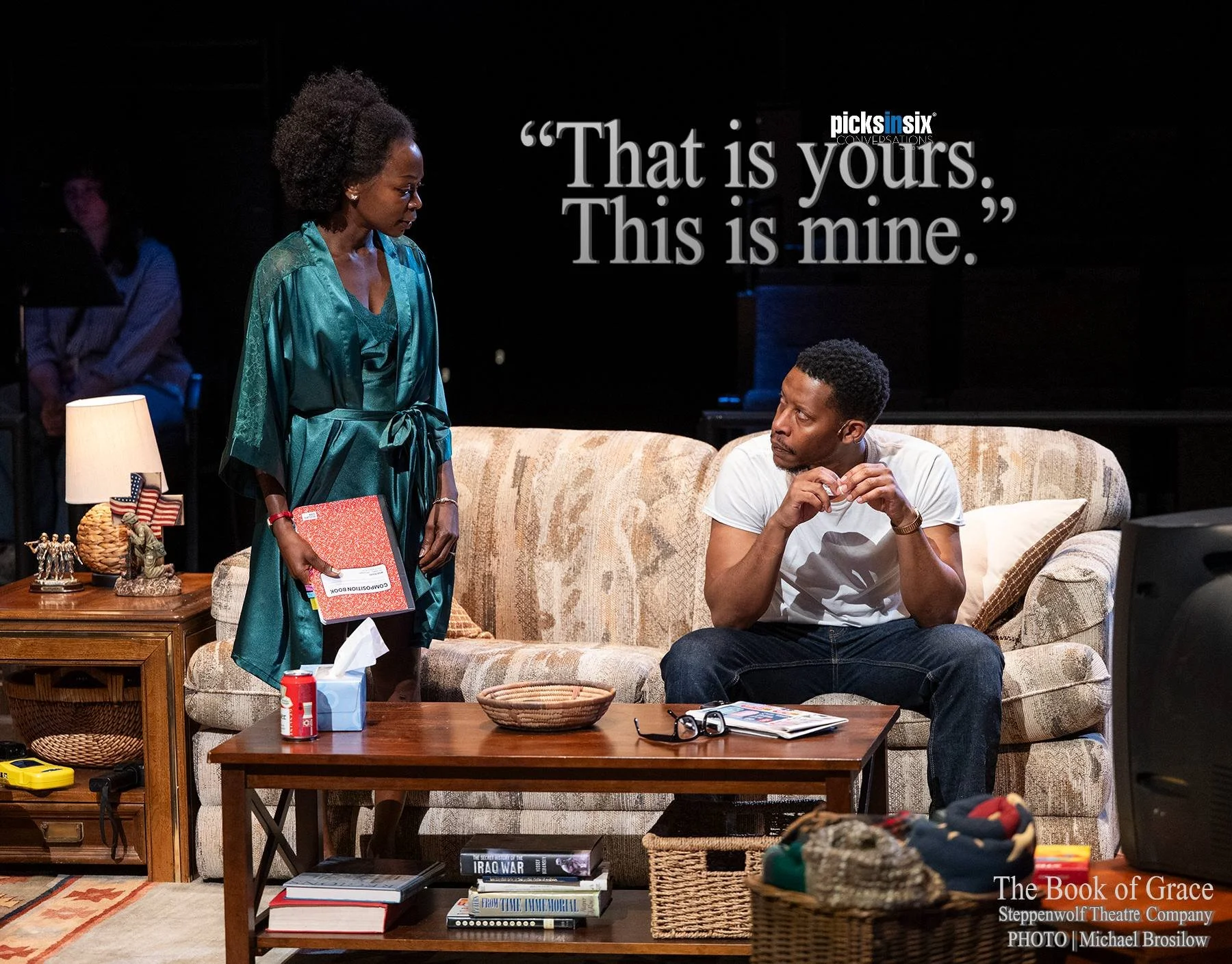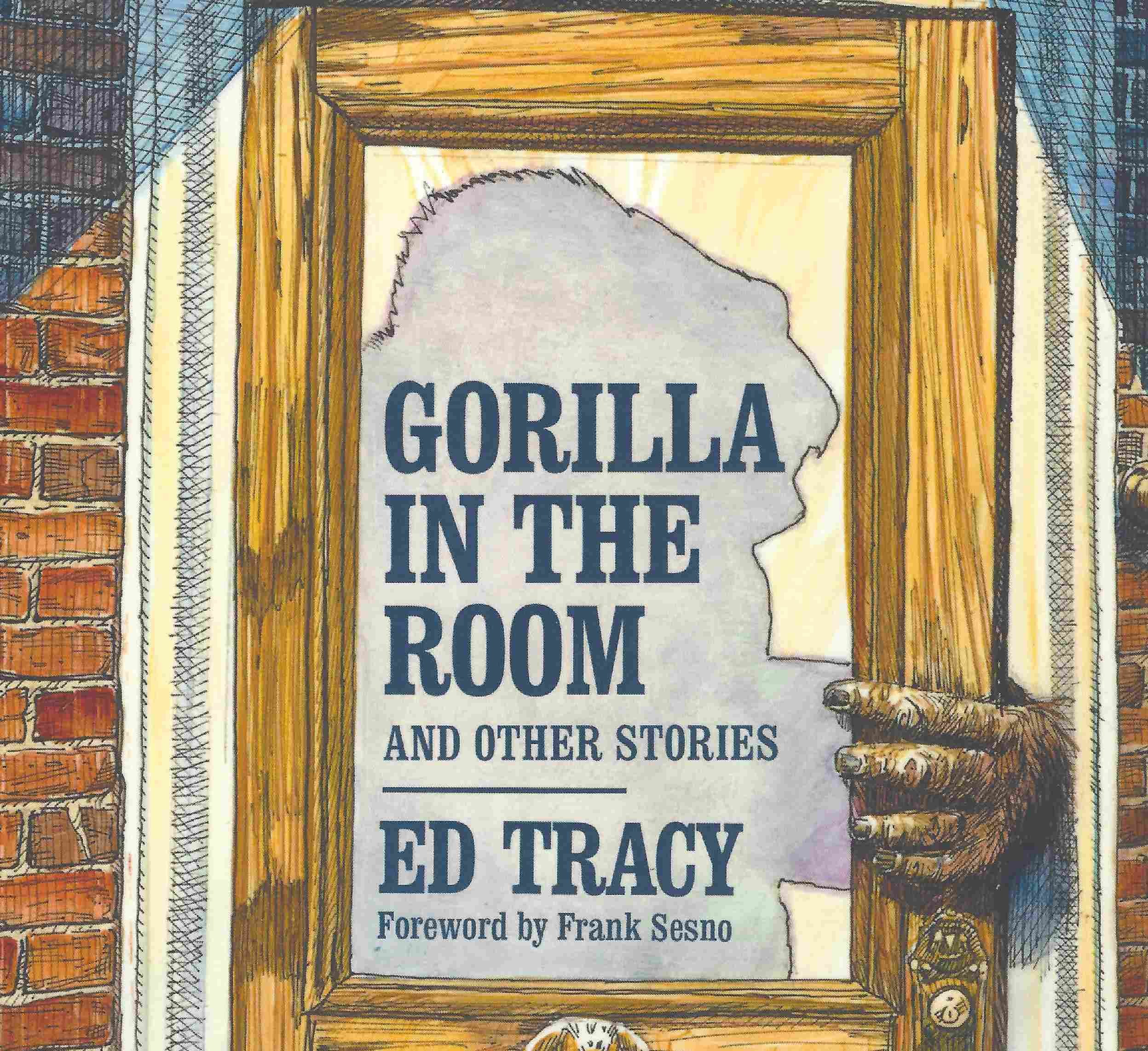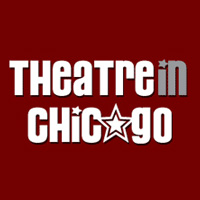PicksInSix Review: The Book of Grace-Steppenwolf Theatre Company
“That is yours. This is mine.”
PicksInSix® Review | Ronald Keaton
A thought-provoking play by Pulitzer Prize-winning playwright Suzan-Lori Parks is being offered at Steppenwolf’s Ensemble Theater through May 18. First produced in 2010 at New York’s Public Theater, “The Book of Grace” seeks, it seems, to create a universal story out of a particular family’s struggles. Not only does it succeed, it makes one think—hard—as the walk home from the performance begins. And because the play’s locale is the Texas/Mexico border, the relevance could not be timelier—one of the characters is a border patrol officer.
Example: “Borders and fences. They say it all without saying a word. That is yours. This is mine.” Not only does this single line reflect what’s ahead in the story, but it also applies to each character in the play. Vet (Brian Marable, a riveting, articulate presence) is that officer, a man of powerful presence and command. He’s much like who’s being honored for his work at a gathering of his peers. Vet lives in a small border town with his partner Grace (a simultaneously strong, almost impulsive performance by Zainab Jah) who is writing a book. It’s partially autobiographical in nature and observational in tone, and it’s entitled “The Book Of Grace.” It’s full of drawings and photos and essays on family, on dreaming, and on life itself. Grace is the one in the house who constantly points toward the good in life; she does her best to live it, because we see a consistent specter in Vet’s presence of threats and potential domestic abuse. Appropriately, her book is a secret from the world. It’s the one thing in her existence that is hers and hers alone. She even hides it under the living room floor, afraid of Vet’s reaction.
Enter Buddy (Steppenwolf Ensemble member Namir Smallwood in a nuanced, fascinating offering), Vet’s son and a young man who’s been through his own challenges. He’s also a veteran, one who’s earned a Bronze Star, and yet he feels forgotten in his return to a previous life of sorts. Buddy is seeing his father for the first time in 15 years, accepting an invitation from Grace to attend Vet’s presentation dinner. In limited contacts, Buddy infused himself with accomplishment (working as a kind of computer specialist for the government) and bravado; he’s a storyteller of some note, although he could be halting and hesitant as he shares about himself in toto. Vet naturally learns the truth in time, as Buddy finally shares the real purpose of his visit—he needs a job and asks Vet to help him find one with the border patrol.
The tension through the play builds as each character ‘solos’ for the audience. Grace eloquently takes us through chapters in her book, pointing out the good as well as the bad. This is her major milieu, as it is for many people with a harrowing background. Vet and Buddy are, quite frankly, two peas from the same pod in how they both are so stoic as to how life has evolved for them. Vet simply refuses to look at life in any way other than his own perceptions and demands the others in the house accept it as gospel. Buddy only identifies with how unfair life has been for him since he left the service and just wants to ‘blow something up’. We get a forceful impression that he’s hustled more than a bit for attempted comfort. And Grace stands oh-so consistently in the midst of it all, wondering how she can be heard through the din of a strong example of toxic masculinity and dealing with her own trauma in the house.
Director Steve H. Broadnax III creates a genuine mini-symphony of emotional movement that is demanded here from the Parks script. The Ensemble Theater stage is in the round and entirely utilized in Arnel Sancianco’s elegant scenic design with the living room, kitchen, outdoor patio and hallways to the rest of the house. It’s greatly complimented in the projections of designer Rasean Davonte Johnson with three large screens overlooking the stage containing chapters in Grace’s book, a home movie of Buddy as a child, and a suggestion of graffiti-drawn walls that reflect Vet’s immovable attitudes toward “aliens” and keeping one’s place. Pools of moody shading and gentle assistance for the storytellers is seen in Jason Lynch’s impressionable lighting design.
There are strong reflections here from other similar moments and characters in other pieces. Vet offers sharp echoes of Troy Maxson in August Wilson’s great treatise Fences. Buddy’s desperate nature is reflective of the younger Walter in A Raisin in the Sun who just wants his own piece of the American pie. And Grace, well, it’s her book, after all. But in doing her optimistic best to retain a stance of ‘good’ she unknowingly feeds into Vet’s intense anger and distrust. From there, “The Book of Grace” is rapidly steered to a tragic closure of those ‘dreams deferred’ that Langston Hughes carves into our conscience.
RONALD KEATON received an Equity Jeff Award for the performance of his one-man show CHURCHILL. www.solochicagotheatre.com Coming soon, his new solo play “Echo Holler.” www.echoholler.com
PHOTO | Michael Brosilow
Steppenwolf Theatre Company
presents
Chicago Premiere
The Book of Grace
Ensemble Theatre
1650 N. Halsted St.
through May 18, 2025
WEBSITE
STUDY GUIDE
For more reviews, visit: Theatre In Chicago
PicksInSix® is a registered trademark of Roxbury Road Creative, LLC















